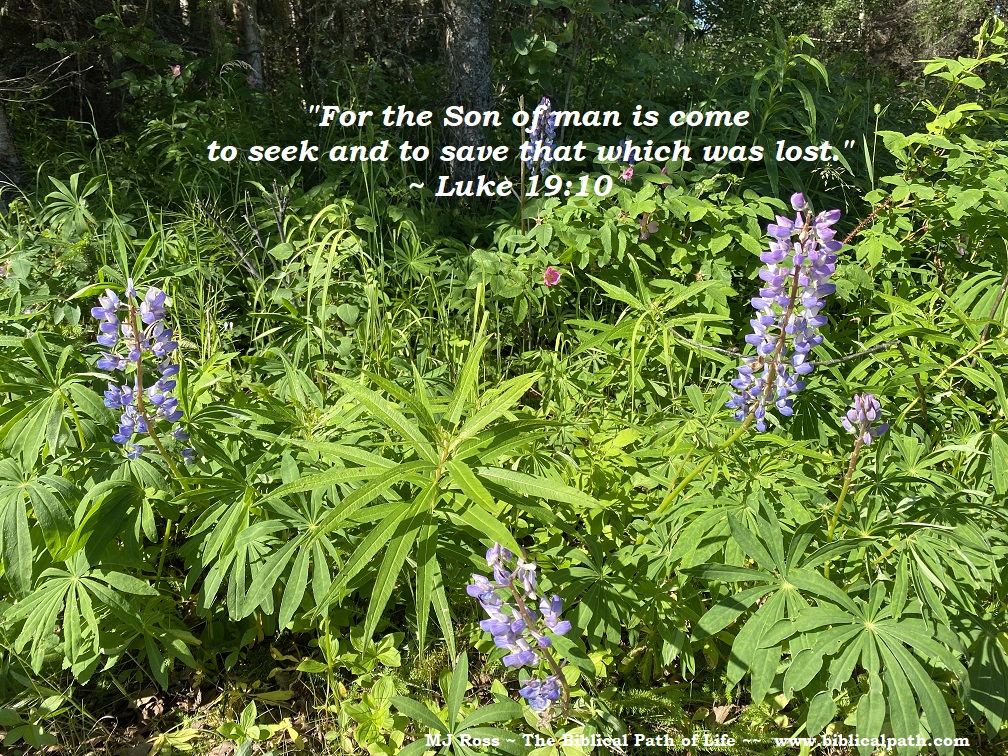
“Then Philip opened his mouth, and began at the same scripture, and preached unto him Jesus.”
Acts 8:35
Philip went to Samaria to share the Gospel Message of Jesus’ death, burial and resurrection. Many of the people believed in Jesus. Philip listened to God when He spoke to him – for when God sent him away from the many people who were being saved into a desert land, Philip went. While Philip was there, he met one man who was searching for the truth about Jesus. This man needed someone to teach him, and God sent Philip to be that one who could show him how to know Jesus.
An Ethiopian eunuch had been to Jerusalem. He was on his way home, reading the writings of Isaiah. (Isaiah is the Major Prophet in the Old Testament which includes the most prophecies of Jesus.) The Spirit told Philip to join that chariot (see Acts 8:27-29). When Philip ran to meet that chariot, he heard the man reading from Isaiah, which told of the Messiah (Jesus) who was to come. Philip asked the Ethiopian if he understood what he was reading. “And he said, How can I, except some man should guide me? And he desired Philip that he would come up and sit with him” (Acts 8:31). Philip immediately recognized that this man was open to hearing the message of Jesus. “32. The place of the scripture which he read was this, He was led as a sheep to the slaughter; and like a lamb dumb before his shearer, so opened he not his mouth: 33. In his humiliation his judgment was taken away: and who shall declare his generation? for his life is taken from the earth” (Acts 8:32-33). This Scripture is from Isaiah 53:7-8. The eunuch asked of whom this was speaking. “Then Philip opened his mouth, and began at the same scripture, and preached unto him Jesus” (Acts 8:35). Philip preached Jesus right out of Isaiah chapter 53. Preached means “to proclaim the good news; preach the gospel.” Philip told the Ethiopian Eunuch about Jesus. One can only imagine the message that Philip shared! The death and resurrection of Jesus was still recent enough that many people were still talking about the event, not fully understanding what had transpired. But Philip preached Jesus from the Old Testament Scriptures, revealing what had taken place.
What was the Ethiopian Eunuch’s response to this “good news?” “… And he answered and said, I believe that Jesus Christ is the Son of God” (Acts 8:37). This man understood that Jesus had died for sin, was buried, and lived again. By the Scriptures in Isaiah and Philip’s preaching, this Ethiopian Eunuch believed in his heart that, “Jesus Christ is the Son of God.” How had this happened? “So then faith cometh by hearing, and hearing by the word of God” (Romans 10:17). Because Philip was faithful to share the Gospel Message of Jesus Christ, the Ethiopian Eunuch found Jesus and believed upon Him – and was saved.
The Ethiopian Eunuch wanted to be baptized to identify his life with Jesus (see Romans 6:3-6). “And he commanded the chariot to stand still: and they went down both into the water, both Philip and the eunuch; and he baptized him” (Acts 8:38). Read the interesting thing that happened next. “And when they were come up out of the water, the Spirit of the Lord caught away Philip, that the eunuch saw him no more: and he went on his way rejoicing” (Acts 8:39). Philip disappeared, but the Ethiopian Eunuch went on his way rejoicing.
Read what God had revealed to David, which he then recorded in the Psalms. “Princes shall come out of Egypt; Ethiopia shall soon stretch out her hands unto God” (Psalm 68:31). God knew that one day an Ethiopian Eunuch would go to Jerusalem to worship – searching for God (see Acts 8:27). (Also read Solomon’s prayer in 2 Chronicles 6:32-33 for God to hear a stranger calling to God.) God sent Philip to tell that Ethiopian Eunuch how to be saved. This should be an encouraging thing to understand that if someone is searching for God, God will send someone to show that person how to find Him. Just like God sent Philip to the Ethiopian Eunuch. Read what is specifically written for each Christian: “13. For whosoever shall call upon the name of the Lord shall be saved. 14. How then shall they call on him in whom they have not believed? and how shall they believe in him of whom they have not heard? and how shall they hear without a preacher?” (Romans 10:13-14). Preacher means “apostles and teachers to preach, publish, or announce religious truth; the gospel with its privileges and obligations.” Every Christian can teach someone else the truth about Jesus. These verses in Romans were quoted from the Old Testament book of Isaiah (Isaiah 52:7). Notice that these verses are found in the chapter right before Isaiah 53 that tells about Jesus’ suffering death – the very chapter that the Ethiopian Eunuch had been reading! And God sent him one, Philip, so that that man could be saved.
Believers are supposed to tell others about Jesus. Do you think that Ethiopian Eunuch who had been searching for Jesus, finally finding Him, told others how to meet Jesus? Imagine the people he was able to teach about Jesus once he returned home! Christians must understand the necessity of telling others about Jesus, so that that someone can tell can tell someone else. That is how the Gospel message has always been shared – from one person to another.
Do you know of someone special that you can tell about Jesus.


